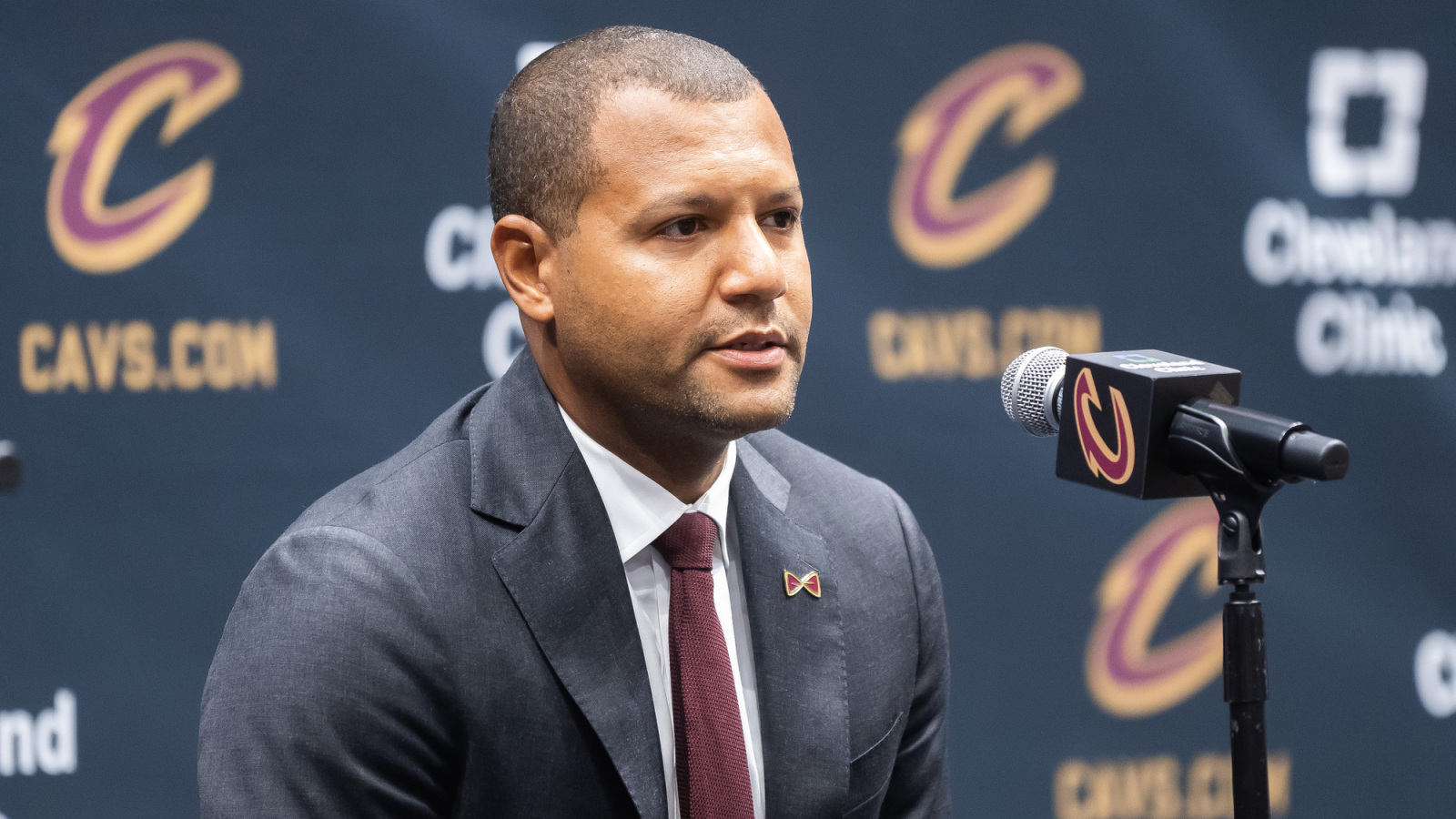Singapore, London ranked most expensive cities, Dubai in 7th place
The Julius Baer Lifestyle Index analyses the cost of a basket of goods and services representative of ‘living well’ in 25 cities around the world. This provides an overview of the relative cost of maintaining a high-net-worth lifestyle in these various major urban centres.
Hong Kong came in third place, followed by Monaco and Zurich. Bangkok and Tokyo made the biggest jumps, climbing six positions to become the 11th and 17th most expensive cities respectively.
The luxury sector faced a downturn in 2024/25 due to various economic challenges, including high interest rates and geopolitical tensions, with notable shift in consumer spending patterns among high-net-worth individuals (HNWIs) amidst these challenges, added the report.
The only Gulf city in the top ten, Dubai climbed up from 12th place last year, and is noted as a firm challenger to more traditional cities, particularly given its competitive efforts to appeal to the mobile elite through residency schemes and low personal taxation.
Dubai has been consistently marked as a premier destination for global wealth migration, noting a staggering 102% growth in millionaire residents over the past decade – placing it among the world’s most dynamic and elite wealth hubs.
Dubai is also set to more than double its centi-millionaire population by 2035, according to the recent ‘World’s Wealthiest Cities Report 2025’, compiled by Henley & Partners and New World Wealth earlier this year.
Its appeal with HNWIs lies being a wealth stronghold where policies are designed to attract, not restrict, enabling individuals to safeguard their wealth, plan their legacies and influence global markets from a secure base.
The report outline how wealthy individuals are increasingly focused on “financial “ longevity due to longer life expectancies.
The Middle East saw 37% of respondents report a significant increase in asset value.
Real estate is now the top asset for European and Middle Eastern HNWIs.
For the first time in years, the overall price of luxury goods and services has decreased, indicating a shift in consumer priorities. The report details specific price changes across various categories.
The average price of an HNW lifestyle fell by 2% in USD, with goods dropping by 3.4% and services decreasing by 0.2%.
The Gulf Cooperation Council (GCC) economies remain resilient amid global macroeconomic uncertainty and regional geopolitical tensions, added the report.
While oil-related growth has moderated, the broader outlook for 2025 is positive, supported by robust non-oil performance, strong fiscal buffers and a continued commitment to economic reform.
In the UAE, the momentum remains strong. Abu Dhabi’s non-oil economy grew by 8.6 per cent in 2024, with non-oil sectors contributing over 55 per cent of GDP.
Dubai continues to lead the region’s services and tourism rebound, with visitor numbers projected to exceed 22 million in 2025. The rise of financial centres such as the Dubai International Financial Centre (DIFC) and Abu Dhabi Global Market (ADGM) underscores the UAE’s growing role as a regional hub for investment, private capital, and global finance.
The Middle East – led by the GCC – is set to maintain strong fiscal and current account positions, even amid external headwinds. Inflation remains among the lowest in emerging markets, while the region’s proactive approach to innovation, infrastructure, and investor confidence positions it as a key destination for growth in an increasingly fragmented global economy.
For the first time in years, the overall price of luxury goods and services has decreased, indicating a shift in consumer priorities.
The report details specific price changes across various categories.
HNWIs are are increasingly prioritizing experiences over material goods, reflecting a broader trend in luxury consumption.
You may also like...
Diddy's Legal Troubles & Racketeering Trial

Music mogul Sean 'Diddy' Combs was acquitted of sex trafficking and racketeering charges but convicted on transportation...
Thomas Partey Faces Rape & Sexual Assault Charges

Former Arsenal midfielder Thomas Partey has been formally charged with multiple counts of rape and sexual assault by UK ...
Nigeria Universities Changes Admission Policies

JAMB has clarified its admission policies, rectifying a student's status, reiterating the necessity of its Central Admis...
Ghana's Economic Reforms & Gold Sector Initiatives

Ghana is undertaking a comprehensive economic overhaul with President John Dramani Mahama's 24-Hour Economy and Accelera...
WAFCON 2024 African Women's Football Tournament

The 2024 Women's Africa Cup of Nations opened with thrilling matches, seeing Nigeria's Super Falcons secure a dominant 3...
Emergence & Dynamics of Nigeria's ADC Coalition

A new opposition coalition, led by the African Democratic Congress (ADC), is emerging to challenge President Bola Ahmed ...
Demise of Olubadan of Ibadanland
Oba Owolabi Olakulehin, the 43rd Olubadan of Ibadanland, has died at 90, concluding a life of distinguished service in t...
Death of Nigerian Goalkeeping Legend Peter Rufai

Nigerian football mourns the death of legendary Super Eagles goalkeeper Peter Rufai, who passed away at 61. Known as 'Do...





